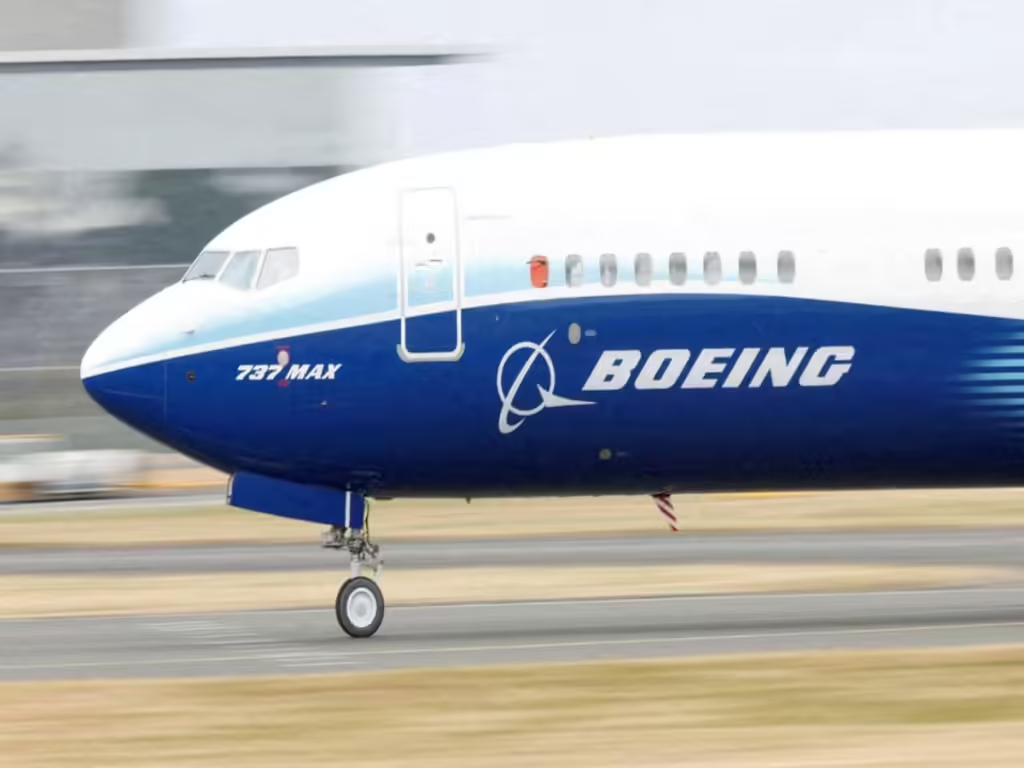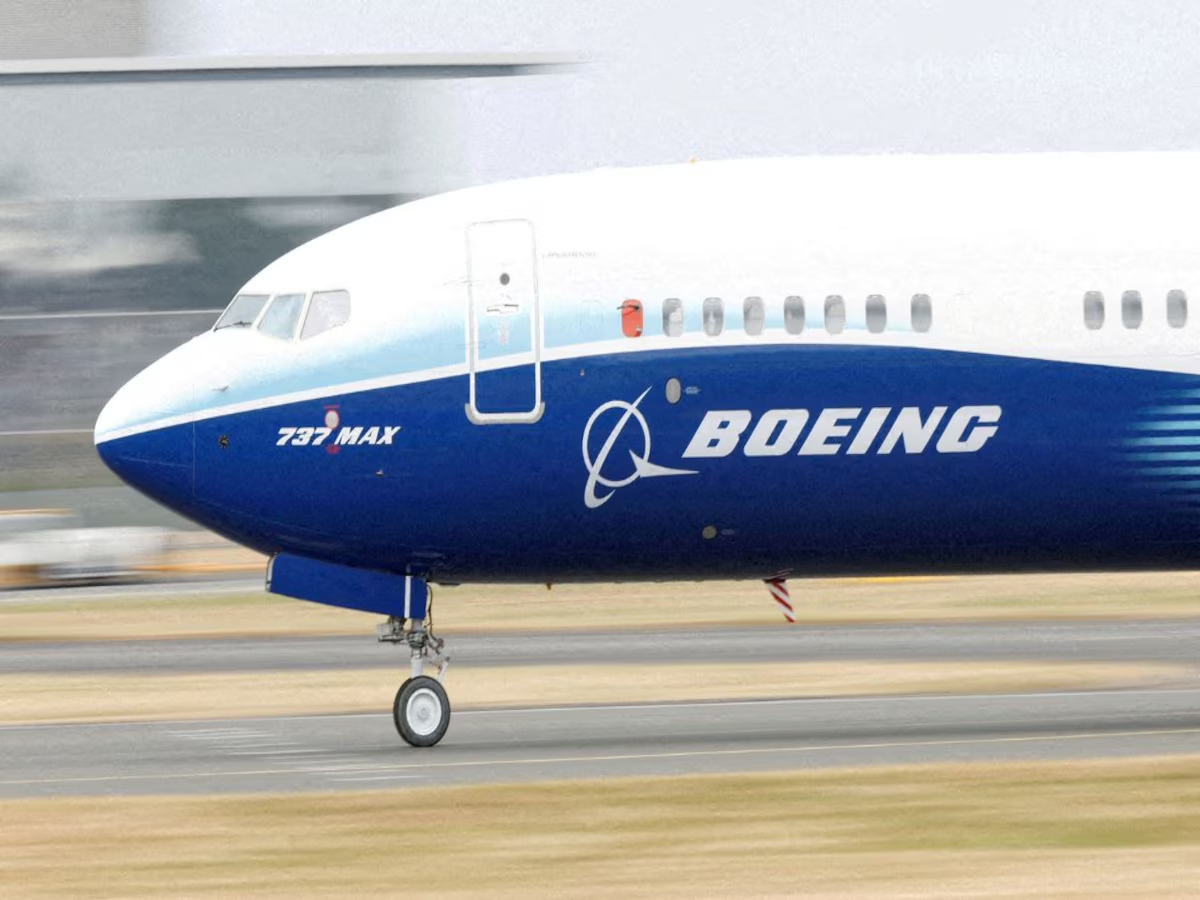In a tragic turn of events, the whistleblower who raised alarm bells over alleged safety lapses within a prominent Boeing supplier has passed away.
The demise of this individual has reignited concerns about the integrity of the aerospace manufacturing process, shedding light on potential negligence in addressing critical defects.
With the aviation industry already under intense scrutiny, this incident raises profound questions about accountability and the prioritization of safety in the production chain.

Unveiling the Whistleblower’s Concerns
The late whistleblower, whose identity remains undisclosed, brought forth alarming accusations against a supplier intricately linked with Boeing’s operations.
Their allegations centered on the purported disregard for crucial defects within components vital to aircraft safety.
Such claims, if substantiated, could have far-reaching implications for the safety and reliability of Boeing aircraft.
A Shadow over Boeing’s Supply Chain
Boeing, a global titan in aerospace manufacturing, relies heavily on a vast network of suppliers to meet the demands of its production lines.
However, recent years have witnessed a series of setbacks and controversies tarnishing the company’s reputation.
From the infamous 737 MAX crisis to persistent quality control issues, Boeing has been grappling with a multitude of challenges, often originating from its supply chain.
Echoes of Previous Scandals
The demise of the whistleblower evokes memories of past scandals that have rocked the aviation industry.
Instances of compromised safety standards and regulatory oversights have plagued the sector, prompting calls for greater transparency and accountability.
The tragic fate of those who dare to speak out against such malpractices serves as a stark reminder of the risks involved in exposing corporate misconduct.
Demand for Accountability
As news of the whistleblower’s passing reverberates through the industry, stakeholders are calling for a thorough investigation into the circumstances surrounding the death.
Questions regarding potential foul play or undue pressure exerted on the individual have surfaced, underscoring the need for a comprehensive inquiry.
The pursuit of justice must not be compromised, and those responsible for any wrongdoing must be held to account.
Repercussions for Boeing
For Boeing, already grappling with a myriad of challenges, the implications of this tragedy are profound.
Beyond the immediate implications for its supply chain, the incident further erodes trust in the company’s commitment to safety and integrity.
With regulators, customers, and the public closely monitoring developments, Boeing faces mounting pressure to demonstrate its unwavering dedication to upholding the highest standards of quality and accountability.
A Call for Reform
The whistleblower’s untimely demise serves as a clarion call for systemic reforms within the aerospace industry.
From enhanced whistleblower protection measures to stringent oversight of supply chain practices, there is an urgent need to address the underlying issues that compromise safety and transparency.
Only through collective action and a steadfast commitment to change can the industry regain the trust of the flying public and ensure the safety of air travel for generations to come.
Conclusion
The passing of the whistleblower who accused a Boeing supplier of ignoring defects casts a somber shadow over the aviation industry.
As investigations unfold and questions linger, stakeholders are left grappling with the broader implications of this tragedy.
From concerns about supply chain integrity to the imperative of fostering a culture of accountability, the incident underscores the need for transformative change within aerospace manufacturing.
In honoring the memory of the whistleblower, the industry must redouble its efforts to prioritize safety, transparency, and ethical conduct, lest such sacrifices be in vain.
